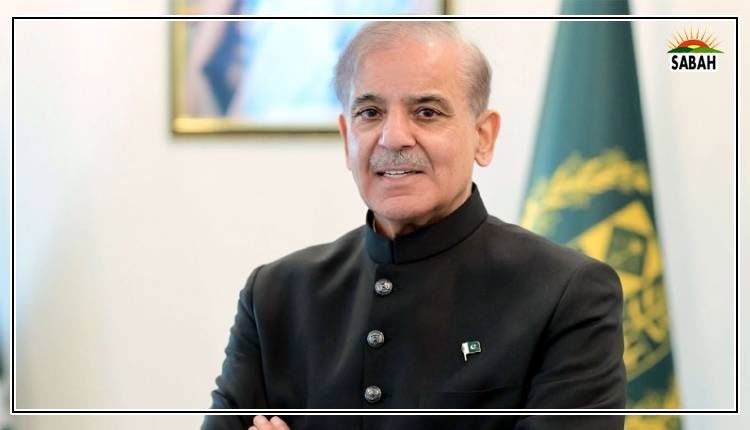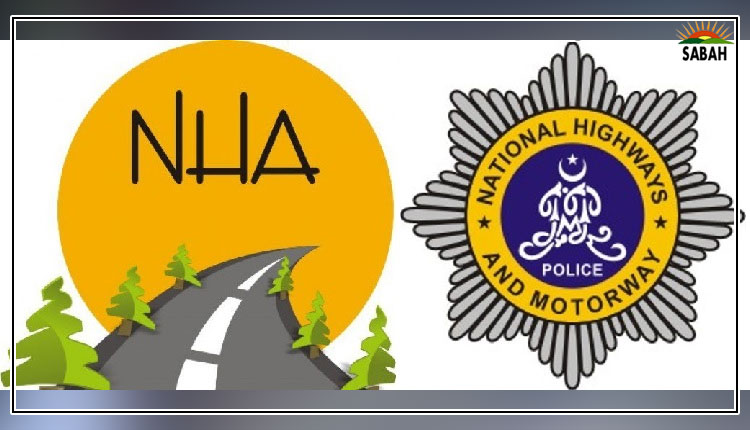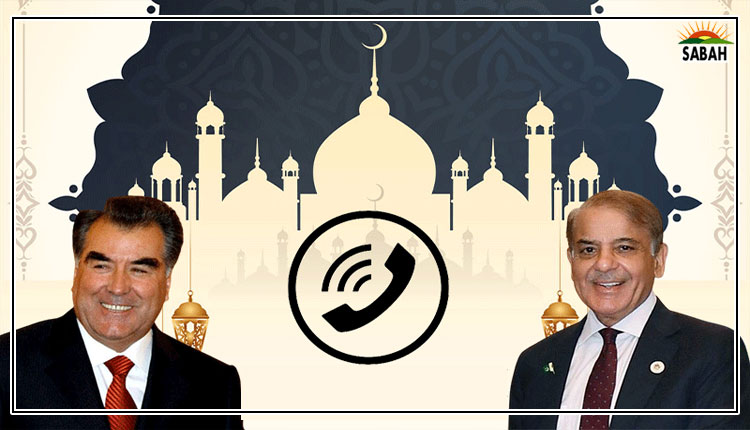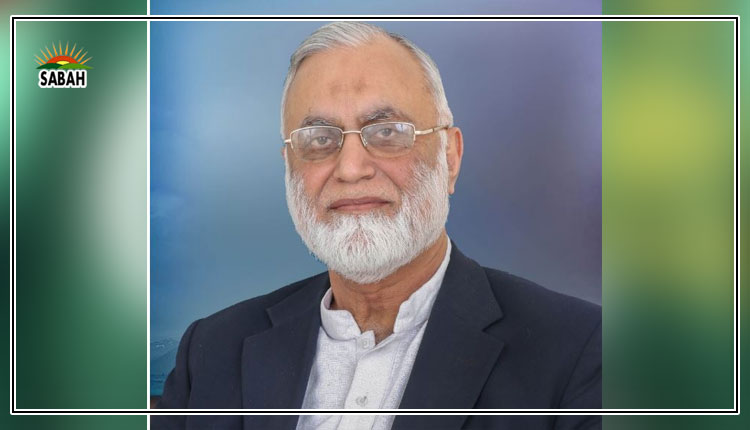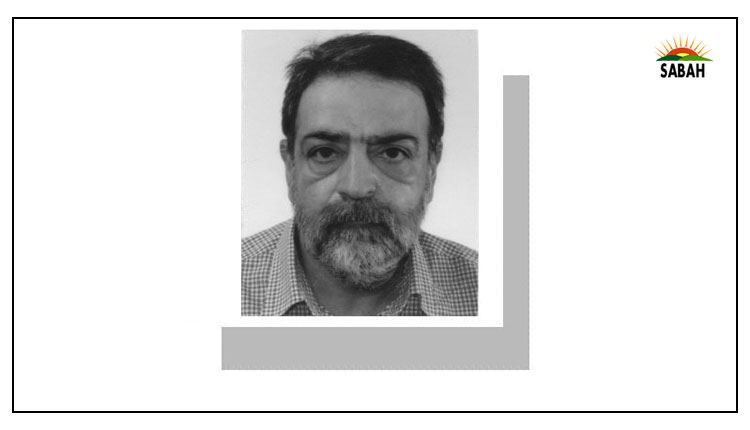France in flames….Mahir Ali
ALMOST 80 years ago, after the tide had turned against Germany in World War II, the dictator in Berlin wanted the Nazi-occupied capital of France to be destroyed before it fell to the Allies. Hitler reputedly asked his generals, Is Paris burning?
It wasnt in 1944, but Paris has frequently been seared by flames, metaphorically or otherwise, in the ensuing decades. It is an intriguing coincidence that the epicentre of the latest bout of mass rioting was also the cradle of the student revolt that, in 1968, rocked the foundations of the Fifth Republic just a decade after it had been founded by Charles de Gaulle.
Back then, de Gaulle actually fled to West Germany, driven by the fear that the uprising, in which the working class eventually joined the students, might actually succeed. Emmanuel Macron, 55 years later, cancelled a visit to Germany after last weeks protests spread across France, even reaching the remaining French colonies in the Caribbean and beyond.
Macron was quick to describe last weeks murder of 17-year-old Nahel Merzouk by Parisian traffic police as inexplicable and inexcusable. Macron was only half right, though. The killing was undoubtedly inexcusable, and the police officer who pulled the trigger faces the charge of voluntary homicide. But it certainly wasnt inexplicable. Since 2017, police officers have been authorised to use lethal violence at traffic stops. The death toll last year was 13. The victims were mainly of North African origin.
This is ugly, but its not the first time, and therell be more.
Macron and his acolytes are keen to emphasise that Nahels misfortune lay in being confronted by a bad apple, and that systemic racism in the police force is not an issue. Thats similar to the authorities response in countries like the UK and US, where instances of racial targeting often tend to be treated as individual excesses. What has occurred in cities across France over the past week has been described as the equivalent of the George Floyd moment that reinvigorated the Black Lives Matter movement in America and found its echoes across the West.
The parallel is not absurd. The rage in both the US and France was not sudden, but cumulative. The difference, perhaps, lies in the fact that France does not officially recognise differences of race, ethnicity or religion. That sounds wonderful and such a system would be ideal if it worked. It has long been obvious, though, that it doesnt.
One neednt go back to 1961, when a Paris police chief, eventually acknowledged as a former Nazi collaborator, supervised a massacre of peaceful Algerian demonstrators. It wasnt until 1998 that the French state admitted 40 deaths. Nobody appears to have counted the corpses dumped in the River Seine up to 300, by some estimates.
A great deal has changed since then, but much remains the same. The reprehensible Islamist terrorist attacks of 2015 are often cited as a reason for the subsequent reinforcement of racism which is precisely what the perpetrators would have wished but the Seine-Saint-Denis electrocution of two teenagers being chased by police, and the consequent eruption of popular rage, preceded the atrocities in Bataclan and elsewhere by a decade. The murder of Nahel was the reinforcement of a long-standing trend rather than an unusual occurrence.
The days of rage over the past week were, even in the context of this year, not so much an aberration as a return to business as usual for a segment of the public albeit to some extent a different section of the citizenry than the gilets-jaunes of yesteryears and those militating more recently in response to the Macron regimes determination to shift the retirement age up by two years, from 62 to 64.
A reasonable case could possibly be made for that change, but within the neoliberal context it obviously comes across as yet another way of shafting the working class and enriching the bourgeoisie a conflict that stretches back to the 1789 French Revolution. At the same time, the aspiration to liberty, equality, fraternity excludes all too many French citizens in the 21st century, and the concept of turning a blind eye to ethnicity, religion and skin colour has repeatedly been exposed as a farce.
And then theres the broader European context of a far-right resurgence a century after Hitler, accompanied by the fear that France could go the same way under someone like Marine Le Pen or Eric Zemmour after the next election.
Some years ago, staying at a hotel in La Defense towards the north of Paris, we found ourselves in proximity to Nanterre. It deserved a stroll. And although it did not offer up the architectural or culinary delights common in many other arrondisements, the place and street names were charming, from Mandela, Picasso and Neruda to Gorky, redolent of the suburbs recent history as well as the wider worlds shattered dreams.
mahir.dawn@gmail.com
Courtesy Dawn, July 5th, 2023



